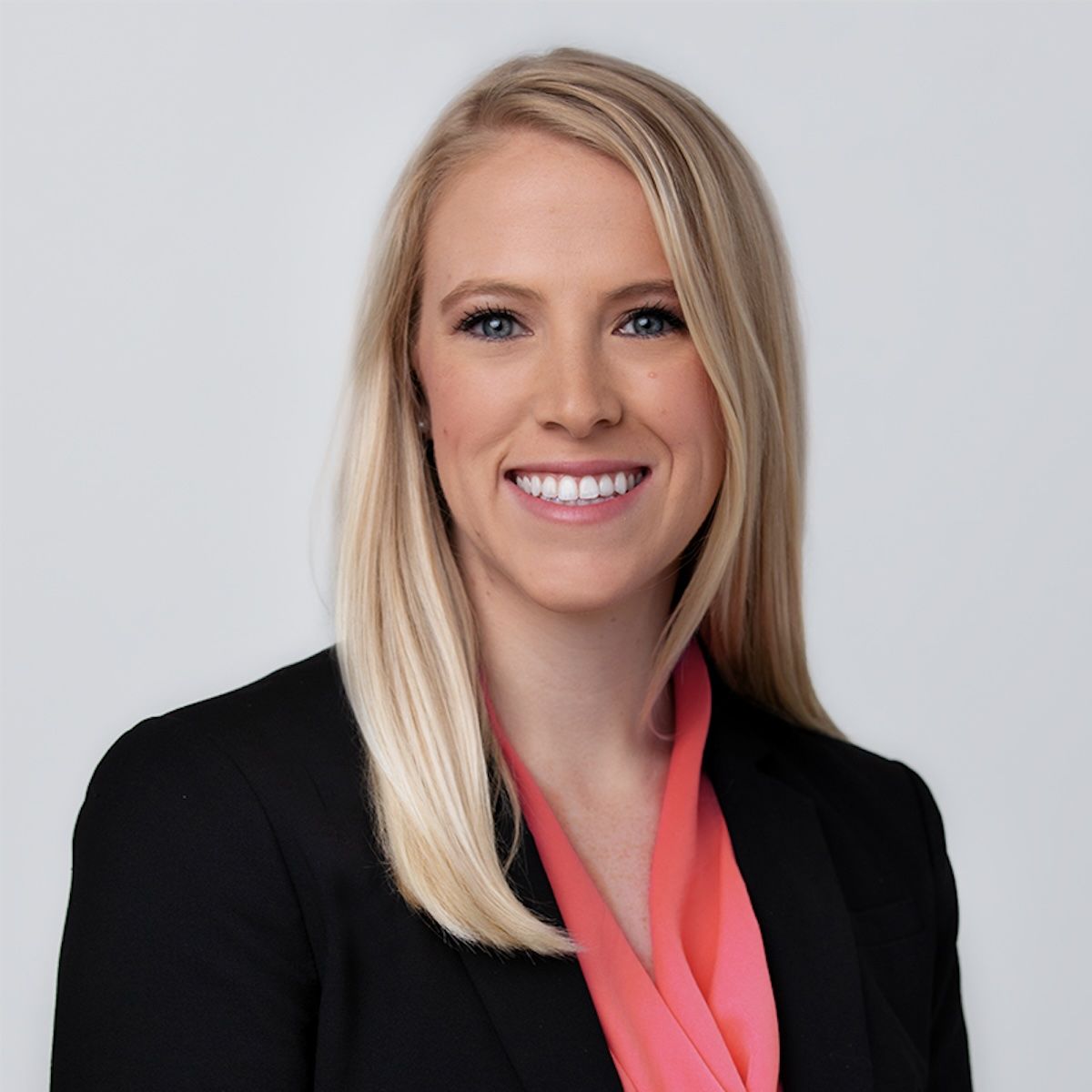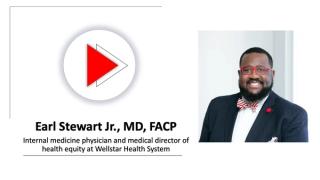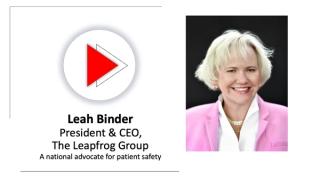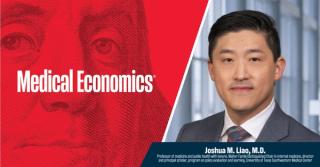
Patient Relations
Latest News
Latest Videos

CME Content
More News

Navigating prescription affordability is crucial for patient care, ensuring access to necessary medications and fostering open discussions about financial options.

‘Wild west’ of pharmaceutical sales developed as patients clamor for GLP-1s for obesity treatment.

The aging population demands urgent geriatric training in primary care to address complex health needs and improve senior healthcare outcomes.
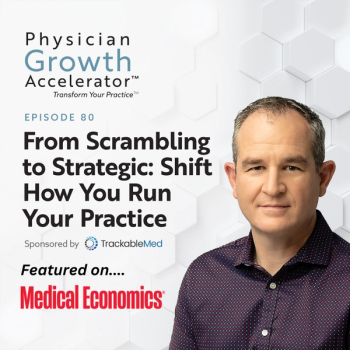
Learn practical strategies to transform your medical practice from reactive to proactive, enhancing patient care and business success with expert insights.

New survey reveals a sharp increase in deferred care due to affordability concerns — even among the insured — as employers and physicians face the fallout.

Machine learning, a subfield of artificial intelligence, can sift through massive amounts of data to benefit physicians and patients.
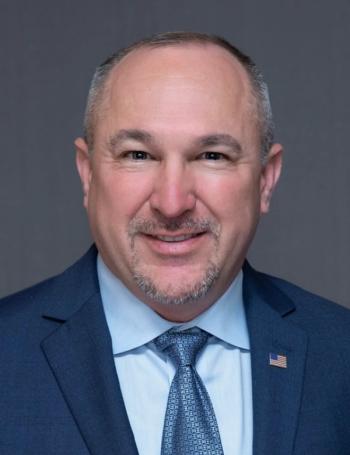
Communication, consistency and uniformity across multiple locations will pay dividends in patient satisfaction and profitability.
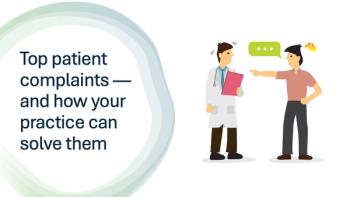
Patient complaints reveal key insights for improving practice quality. Addressing these issues enhances satisfaction, boosts reputation and fosters patient loyalty.

Fear, inconvenience and distrust in doctors are keeping patients away from preventive care — even as health risks climb.
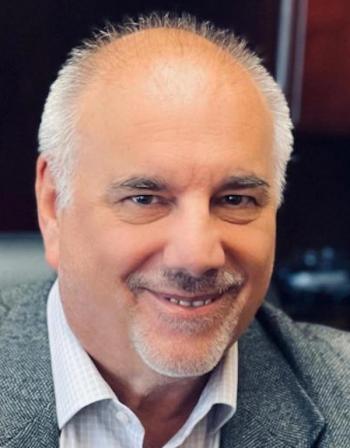
Teen drinking poses serious risks to adolescent health, affecting brain development and increasing addiction potential. There are effective strategies to address this issue.
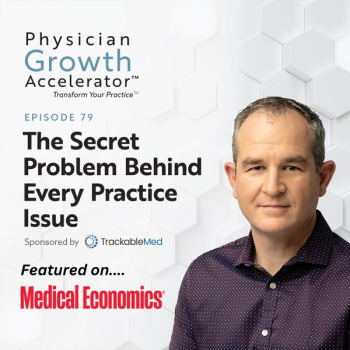
Discover how trust impacts your medical practice's success and learn to address foundational issues for lasting solutions in this insightful podcast episode.

The FDA announces a phased ban on oil-based food colorings, prioritizing children's health and promoting natural alternatives in American foods.

A new framework uses machine learning and social determinants of health to optimize clinician encounters and reduce care inequities.

A Sermo survey reveals 23% of doctors believe banning TikTok would positively impact health care.

Businesses challenge authority to require health insurance coverage for free screenings for cancer, other ills.
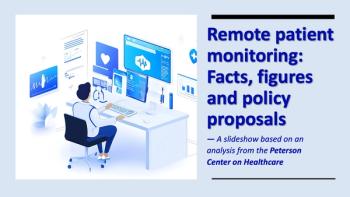
RPM gets analyzed in a new report by the Peterson Center on Healthcare.
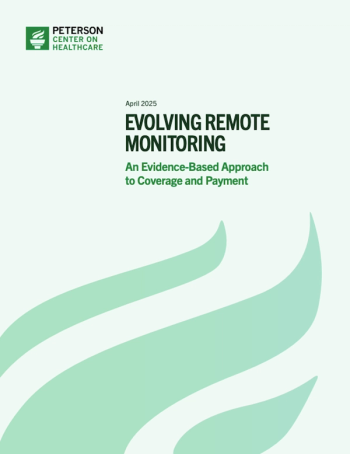
Peterson Center on Healthcare offers policy recommendations to better serve patients while avoiding wasteful services.

One in eight portal users over 50 report being billed for messaging their doctors, with Medicaid and private plans charging at similar rates.

‘Overly creative’ programs tally up to $2.7B in spending that will end, according to CMS.

Medicare Economic Index would better reflect doctor expenses while ensuring patient access, AMA says.
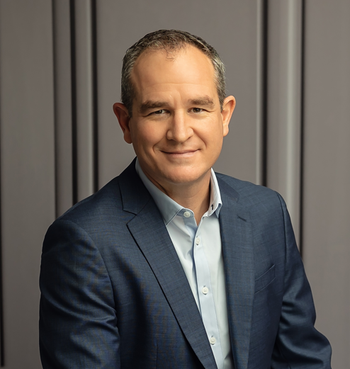
Growth doesn't just depend on what you're doing — it also depends on what you're not seeing.

Addressing the unique, complex needs in women’s health care while improving care, easing the burden on OB-GYNs, and ensuring adequate payment.
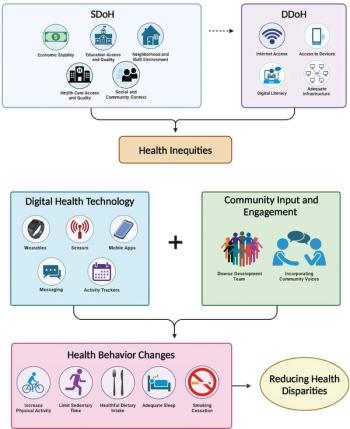
American Heart Association says physicians should consider how digital drivers of health affect patients.
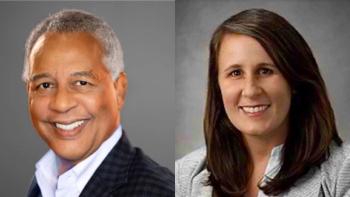
Experts urge physicians to move beyond outdated metrics and weight stigma during a panel discussion at the ACP Internal Medicine Meeting in New Orleans.
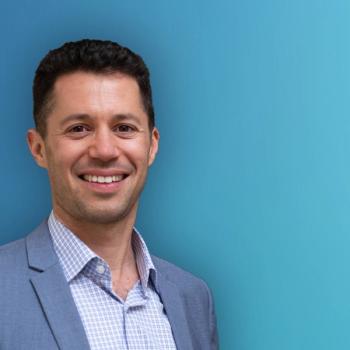
Doctors cannot deliver the highest standard of care to their patients if their own well-being is overlooked.

